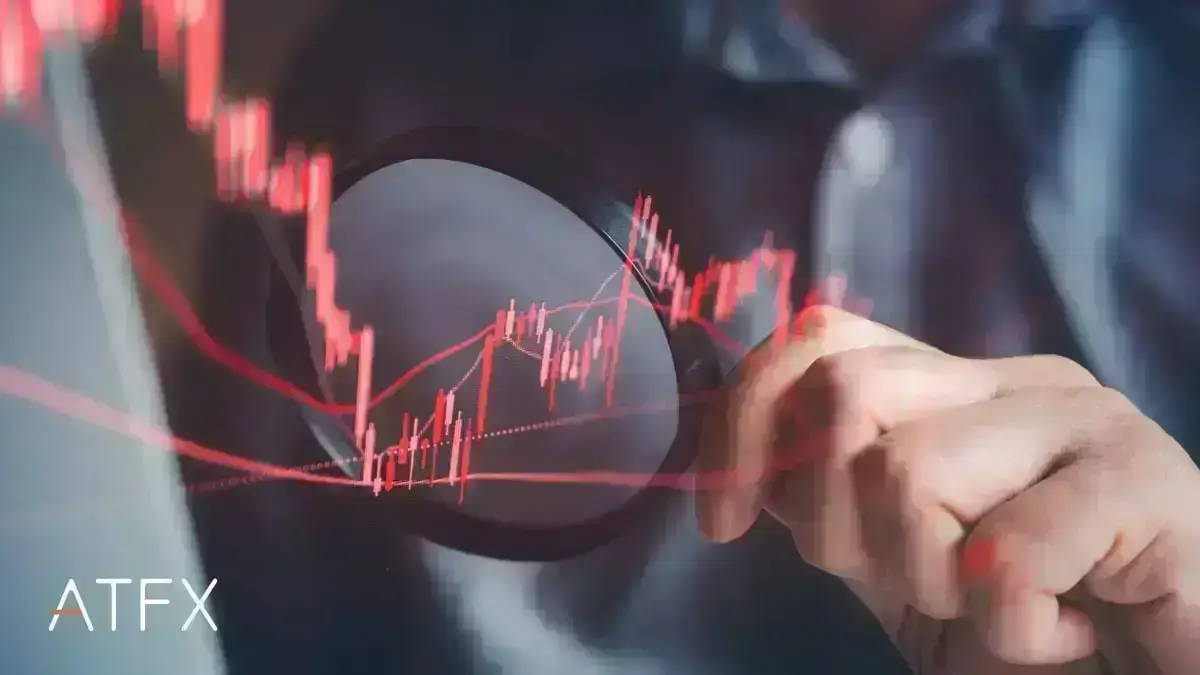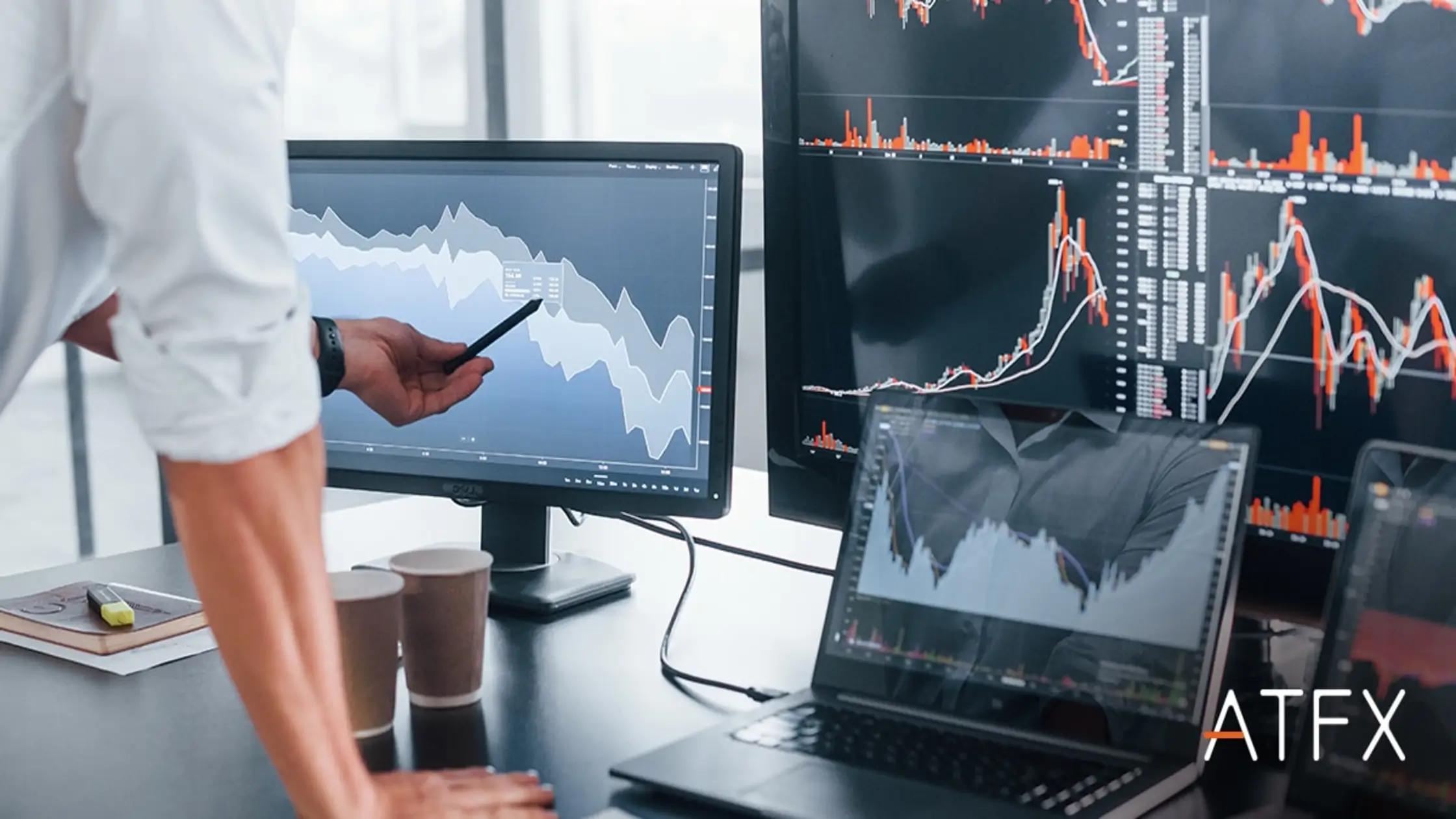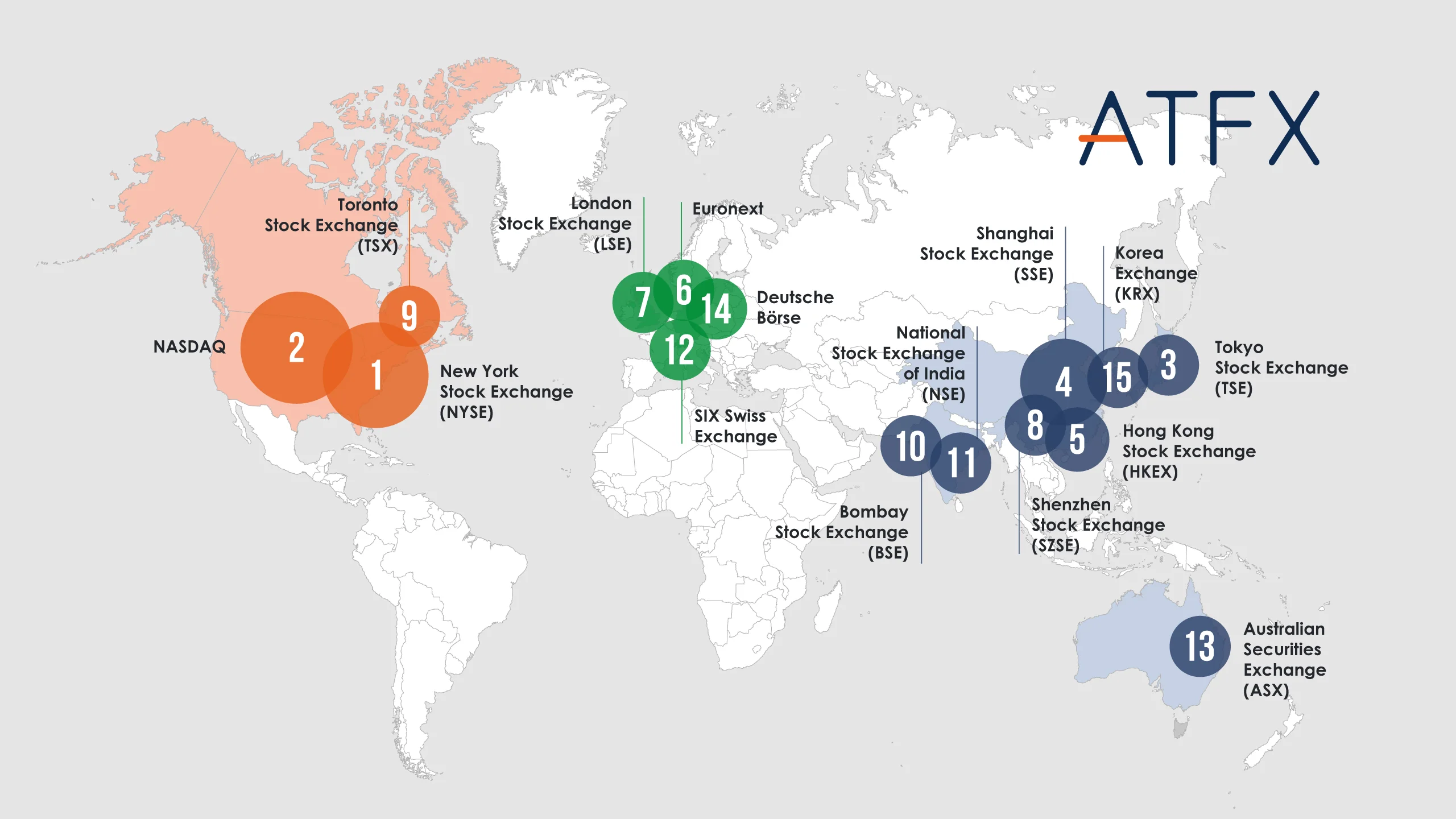What are undervalued stocks?
Undervalued stocks are a type of stock trading at a price much lower than its true value. This often occurs because of a lack of understanding about the underlying company or the industry or because of some temporary bad news in the market. Investors who take the time to properly research undervalued stocks can often find opportunities to purchase shares of a company for a fraction of its true worth.
Undervalued stocks can be a great opportunity for investors to purchase shares at a discounted price and potentially generate large returns. However, it is important to do the necessary research to ensure that the company is truly undervalued and not just a temporarily depressed stock. Investors should also be aware that undervalued stocks may be more volatile and may not always perform as expected.
4 Ways to spot companies with undervalued stocks
You must conduct a fundamental analysis of the company to find the right undervalued stock. Below are the things you should look out for:
- Companies are in decline due to the inability to adapt to technological developments.
- Companies no longer create monetary value for shareholders due to the deterioration of their intrinsic fundamentals.
- Companies are too sensitive to the economic cycle.
- Companies that have tarnished their image due to large-scale scandals
Be very selective. The slightest error will be fatal to your stock market portfolio. Shortlist and compile all the companies, then you can proceed to the next step..webp)
4 Ways to further analyse companies with undervalued stocks
Once you have shortlisted all the companies with potentially undervalued stock. To be safe, you must research the company’s accounting documents (income statement, assets-liabilities balance sheet, cash flow) and understand its business model. Below are the 4 ways you can apply:
- Analyse the financial sustainability of the business at two levels. The first is in relation to its debt (financial debt/equity). The second by the quality of assets (equity / total assets).
- Favour companies that have known how to get through the most difficult periods as well as possible. Then check if they put part of the profits into the investment of their own company. This will prove that they were once profitable.
- Check if the company’s subsidiaries are subjected to a scheme (lawsuit, insider trading, corruption) as it would be a vicious cycle that could fall apart eventually.
- Know the reasons for the asset discount of the company in question and the investors’ mistrust. Are they fundamentally justified?
You can further shortlist with the methods above, then proceed to the next step.
5 Ratios to find undervalued stocks
Undervalued stocks can be identified by looking at the company’s assets and liabilities and then comparing them to the stock’s current price. Companies with relatively low-priced stocks but high-valued assets may be considered undervalued stocks. It is also important to analyse the company’s earnings, cash flow, and overall performance to determine if the stock is truly undervalued.
You may have found the right companies with solid fundamentals. The next thing to do is evaluate the publicly-held stock’s current share price and determine its true value.
Below are the 5 stock market ratios that will serve as points of comparison:
- The Net Asset Value is obtained by the difference between the current assets and the company’s debts (financial and operating included).
- The Tangible Net Asset Value (VANT) is, in a way, the company’s physical assets. It is calculated by subtracting the parent company’s equity from the goodwill and the intangible fixed assets.
- The Liquidation Value is the total of the company’s assets deducted from debts, off the balance sheet, and its commitments (leases, dividends). In the event of liquidation of the company, we can consider it a “floor value”. However, over time, you will have to underestimate it if you have to deal with a company operating in a sector in a full slump.
- Current Assets correspond to goods expected to be consumed or sold during the year.
- Non-Current Assets, which correspond to the company’s long-term assets (tangible, intangible, and financial fixed assets, etc.).
If you find that its stock price is below one of the asset values, opt for a safety margin out of caution. For example, you set a safety margin of at least 30% of the NPV.
It’s up to you to make a firm decision: hold, average down or take your loss. For the first two, you trust the company’s fundamentals in question. As for the last, you consider it better to cut off an arm than your head.
So, should you buy undervalued stocks ?
This value investing approach put forward by Benjamin Graham is ultimately simple to understand. Warren Buffett was inspired by it to become one of the most followed Wall Street gurus. Unlike his master, his value approach favours the quality of the company’s business and the intrinsic value, which has nothing to do with the stock market ratios mentioned above. However, the latter seems subjective because the future is inherently uncertain. To reduce potential loss, he takes care of his margin of safety in relation to intrinsic value.
So should you invest in undervalued stocks ? In summary, It is more suitable for individual investors with a strong aversion to risk. With financial markets changing very fast, the risks of disappointment remain high. Your stock market portfolio could suffer if you go all out. Do not go for it unless you can withstand the risk impact.
Read more : how to become a trader
Trade undervalued stocks with a demo account
If you wish to trade stocks online without investing your hard-earned money, we suggest you open a demo account. ATFX offers all the major financial products on a solid trading platform to practise different strategies while still learning from a guide or the free training materials ATFX provides. So, get your demo trading account for free now!


